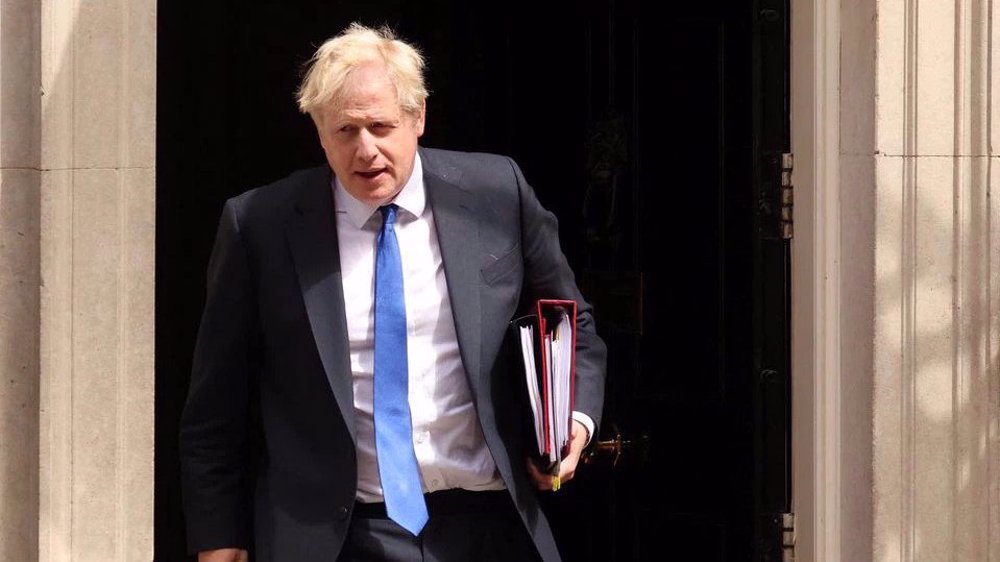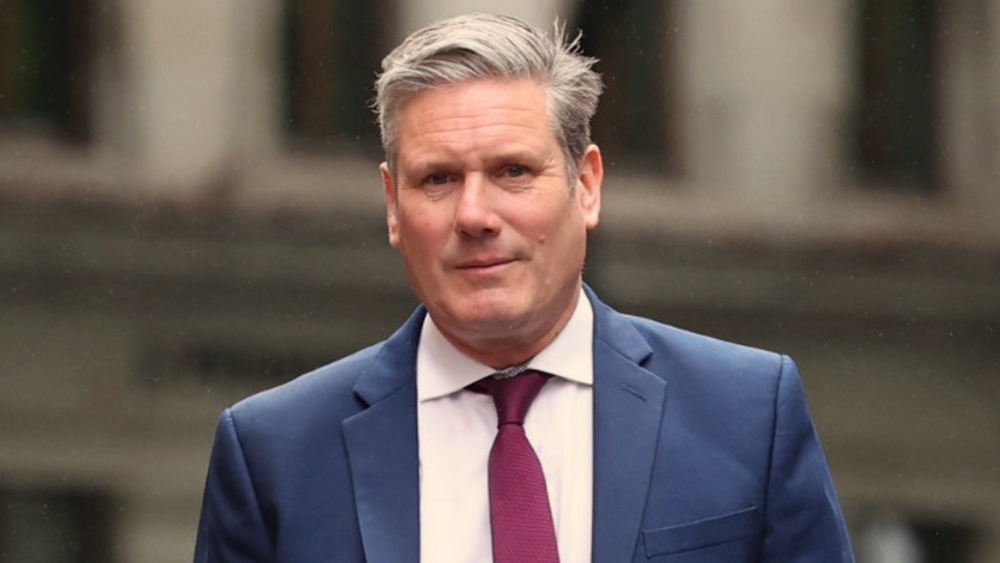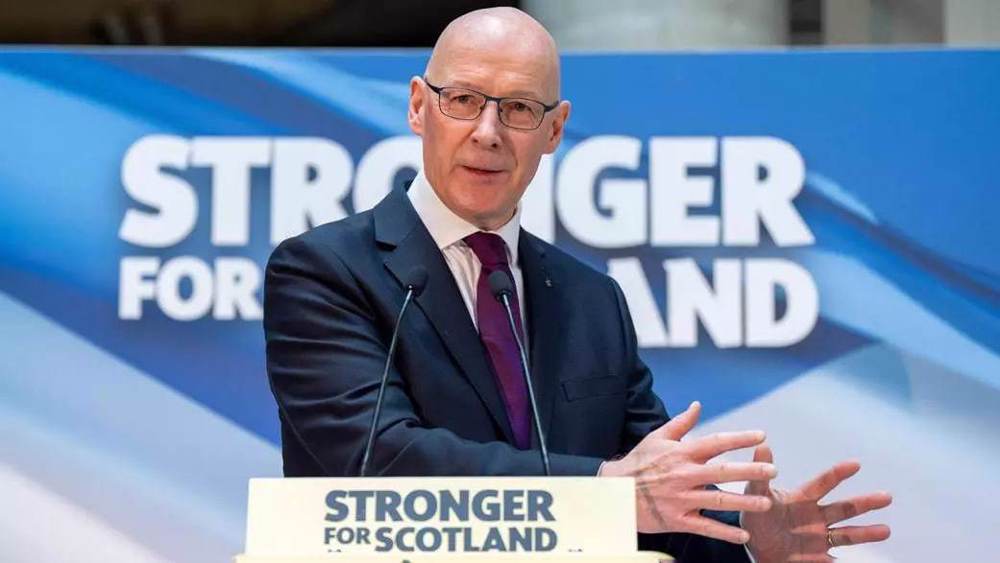After scandals, Boris Johnson quits as UK prime minister
UK Prime Minister Boris Johnson has quit as Conservative party leader, after three tumultuous years in charge marked by Brexit, Covid and mounting scandals.
Johnson, 58, announced that he would step down after a slew of resignations this week from his top team in protest at his leadership but would stay on as prime minister until a replacement is found.
Earlier media reports said Johnson had agreed to step down amid a growing rebellion within his Conservative party over a series of scandals.
Johnson informed Sir Graham Brady, chairman of the Conservative 1922 Committee, of his decision, according to a No 10 source.
"The Prime Minister has spoken to Graham Brady and agreed to stand down in time for a new leader to be in place by the conference in October," the source said.
This comes as the unprecedented revolt against him from within his own party continues. Over 50 ministers have quit the government since Tuesday, saying Johnson was not fit to be in charge following a series of scandals.
A Conservative leadership race will take place this summer and a new premier will be chosen in time for the party conference in October. That means Johnson will remain in office as prime minister until this fall.
Ministers who quit on Thursday include Northern Ireland Secretary Brandon Lewis, Security Minister Damian Hinds, Treasury Minister Helen Whately, Pensions minister Guy Opperman and George Freeman, a junior minister for science, research and innovation as well as newly appointed education minister Michelle Donelan.
"I cannot sacrifice my personal integrity to defend things as they stand now," Lewis said. “It is clear that our party, parliamentary colleagues, volunteers and the whole country, deserve better."
Hinds, in his resignation letter to Johnson, said the country needed the premier to go in order to restore trust in our democracy.
"More important than any government or leader are the standards we uphold in public life and faith in our democracy and public administration," Hinds added.
Freeman, in his resignation letter, said the “culmination of your lack of transparency and candor with Parliament (and willingness to ask your Ministers to mislead Parliament), your removal of key pillars of the Ministerial code, your handling of your appointment of a Deputy Chief Whip who it turns out you knew had a history of sexual abuse allegations, is too much.”
Donelan, who resigned on Thursday less than 48 hours after she was appointed, said it was the only way to force the hand of Johnson to quit.
"I see no way that you can continue in post, but without a formal mechanism to remove you it seems that the only way that this is... possible is for those of us who remain in Cabinet to
force your hand," Donelan wrote in a resignation letter.
Meanwhile, Work and Pensions Secretary Therese Coffey said Thursday she will not resign in order to ensure the "wheels of government keep turning".
In a tweet, she said she understands colleagues' concerns and "the very bad situation we are now in".
Johnson’s position looked increasingly precarious following the resignations, byelections defeats and nationwide dismay at the Partygate affair.
Britain’s new finance minister Nadhim Zahawi told Johnson to resign on Thursday, less than 48 hours after the prime minister appointed him for the job.
"This is not sustainable and it will only get worse, for you, for the Conservative Party and most importantly of all the country," Zahawi said on Twitter. "You must do the right thing and go now."
In addition, the attorney general for England and Wales, Suella Braverman, also said that Johnson should resign and that she would run to replace him.
Defense Secretary Ben Wallace also called on Johnson to quit but said he would stay in his role to protect national security.
Johnson had, however, refused to budge, and even sacked Michael Gove, one of his most effective ministers who had reportedly told the British leader he should quit.
"I am not going to step down," Johnson had earlier told a parliamentary committee.
There is no immediate mechanism to remove him, unless he bows to the mounting pressure he is under.
Convention stipulates that a prime minister quit voluntarily once they lose the confidence of their party, but he is under no obligation to do so.
US delivers more F-35 jets to Israeli regime despite Gaza truce violations
Blair distances himself from Trump’s $1bn ‘Board of Peace’ fee
US Justice Department refuses probe into killing of Minneapolis mother
VIDEO | Israel Gaza ceasefire violations
VIDEO | Gaza Solidarity Forum in Damascus calls for boycott of Israel over Gaza genocide
VIDEO | London memorial event highlights Gaza genocide
VIDEO | Press TV's news headlines
VIDEO | Istanbul demonstrators voice support for Iran amid US tensions











 This makes it easy to access the Press TV website
This makes it easy to access the Press TV website